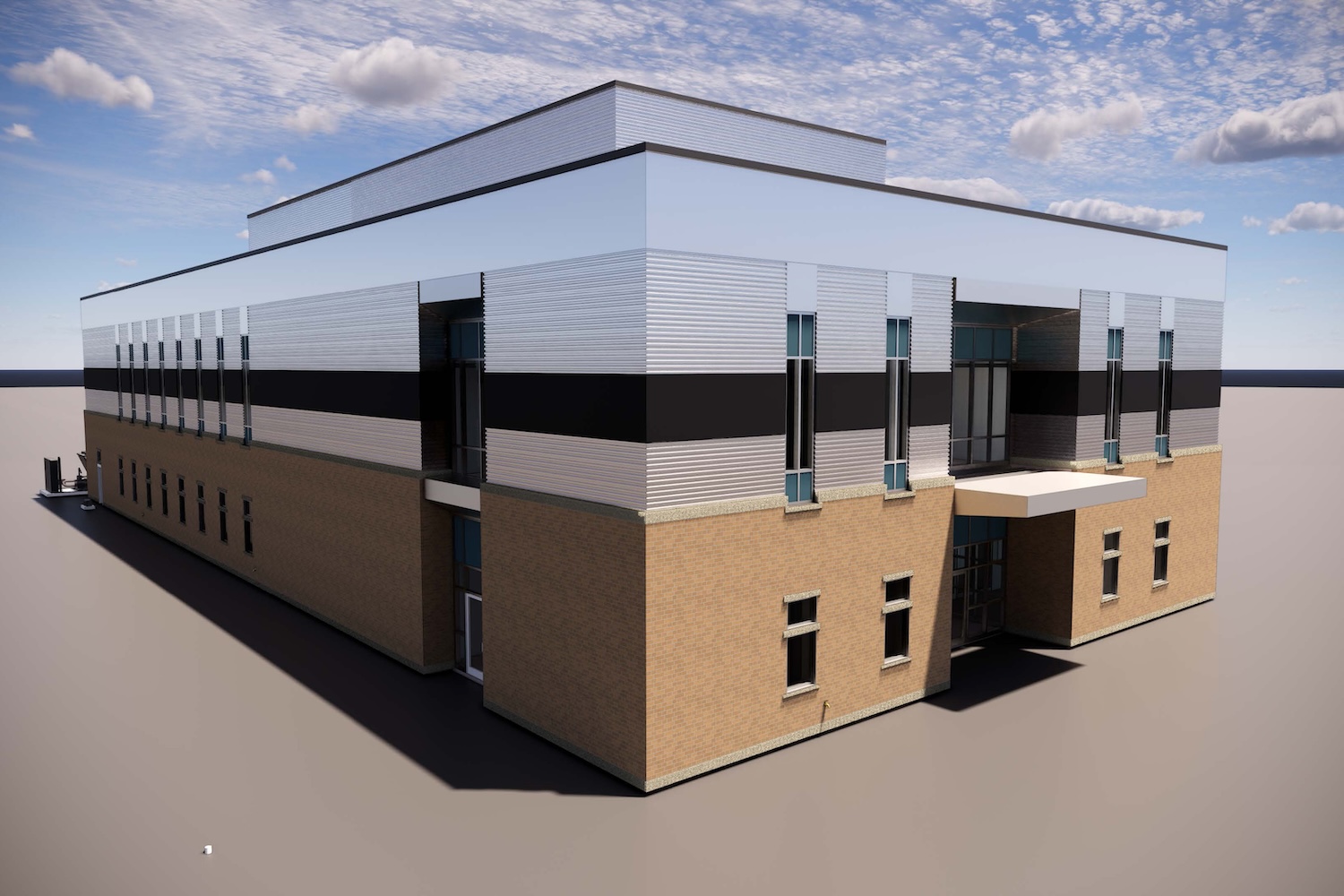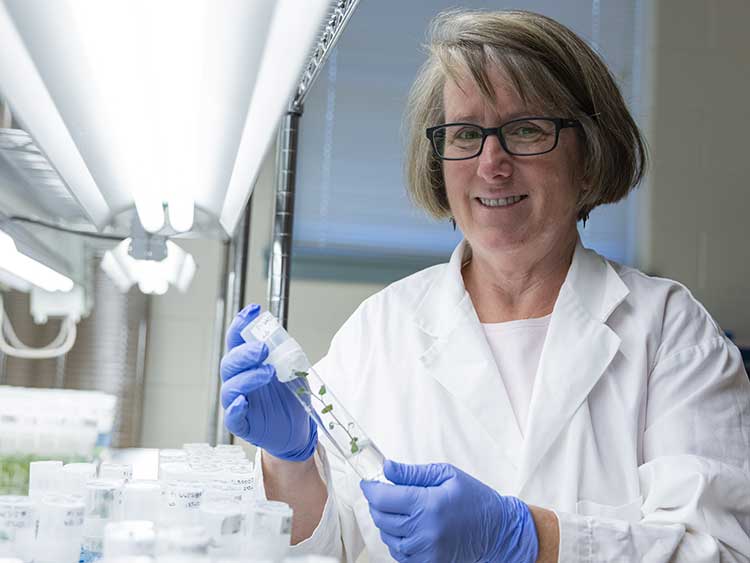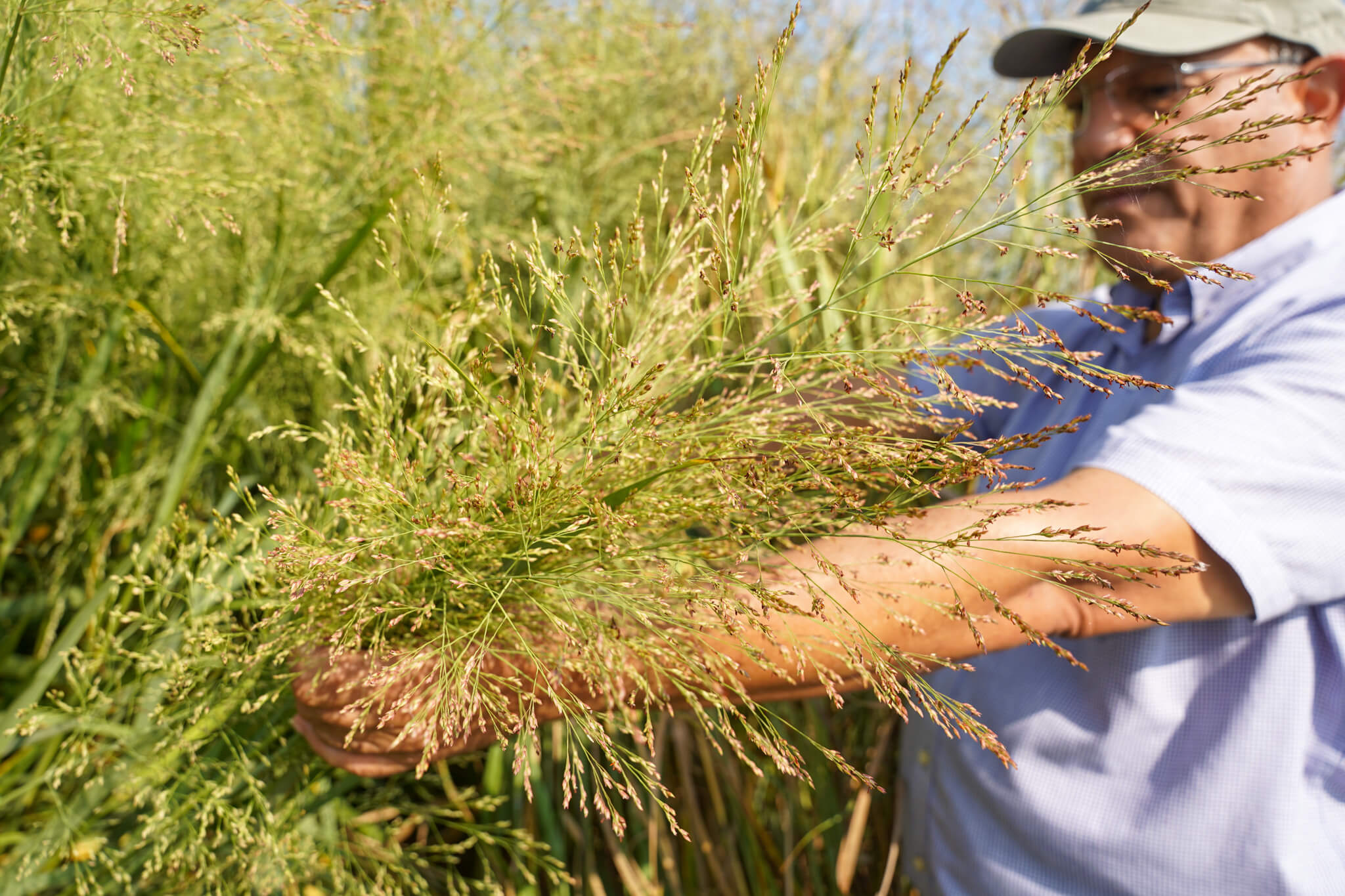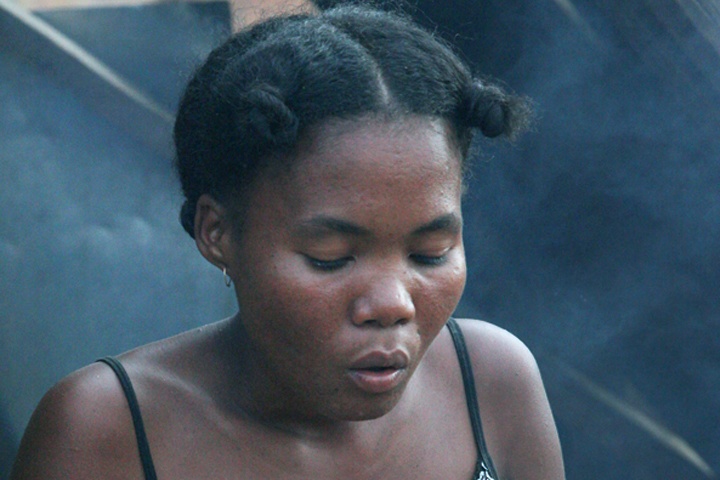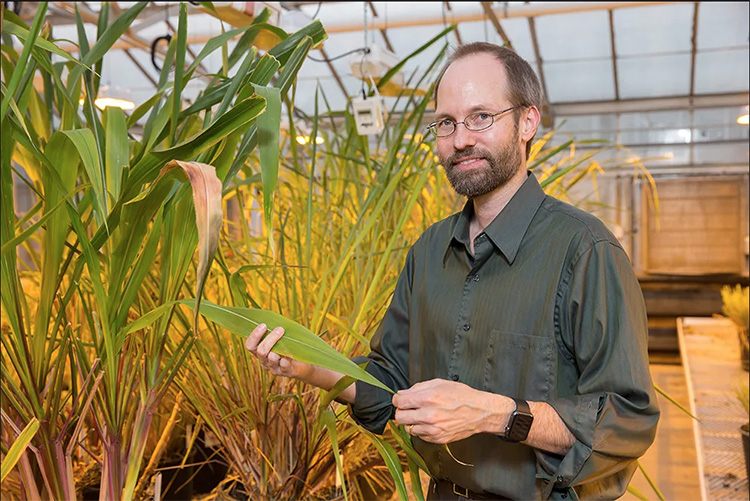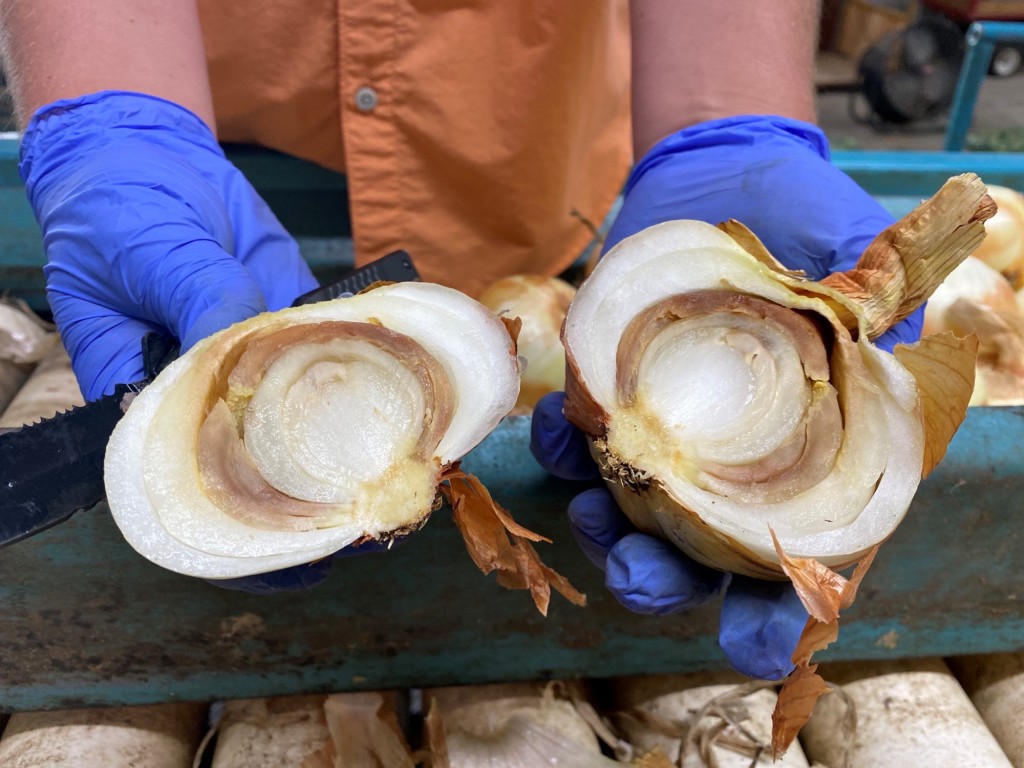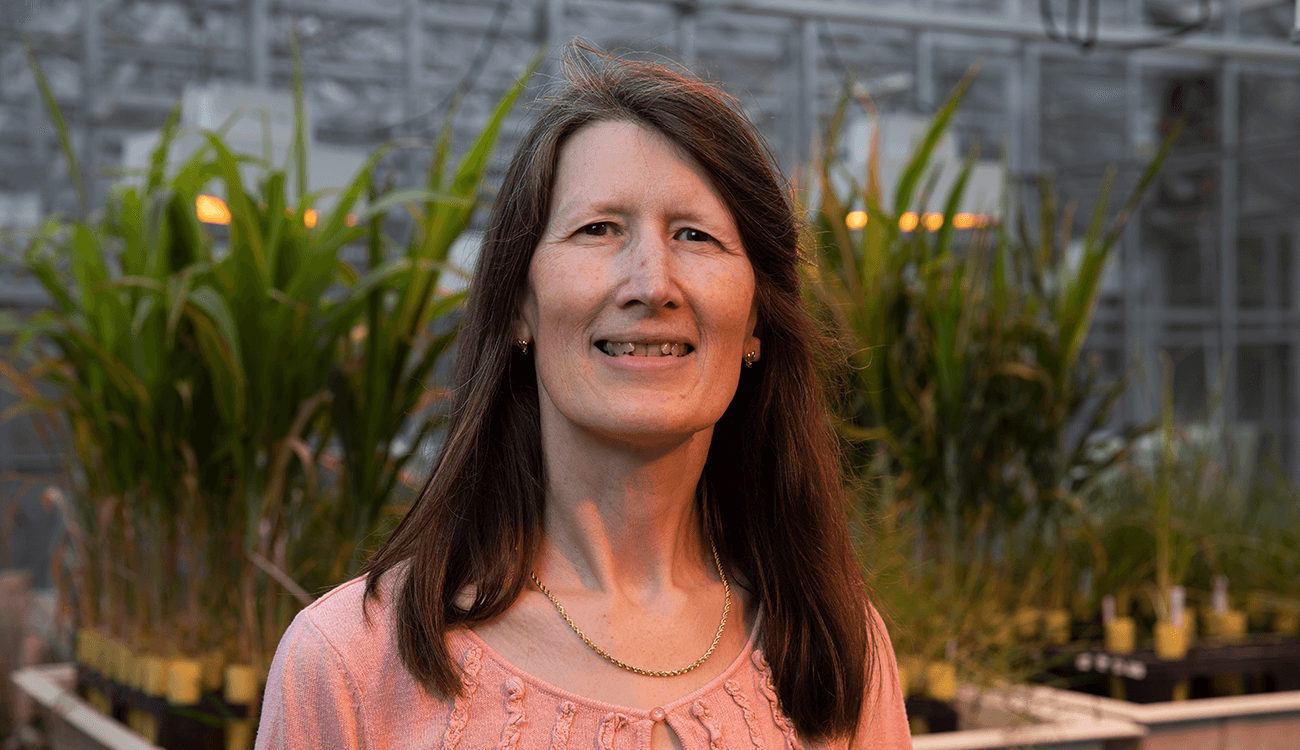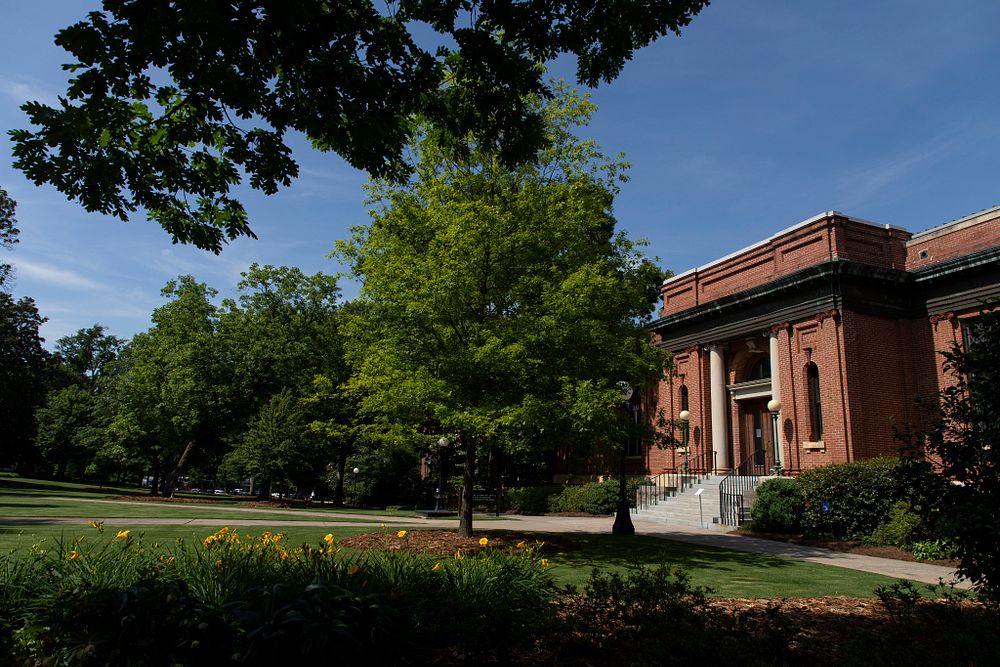 CAES News
CAES News
Presidential Interdisciplinary Seed Grants
Ten university-wide projects devoted to advancing interdisciplinary research across multiple application areas have been awarded Presidential Interdisciplinary Seed Grants as part of the 2023 cohort. The Presidential Interdisciplinary Seed Grant Program was launched in 2017 and offered again in 2019 and 2021 through a partnership between the offices of Research and Public Service and Outreach. These 10 awards were chosen from 70 proposals and reflect a commitment of $1 million from UGA President Jere W. Morehead.

